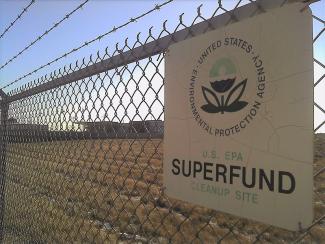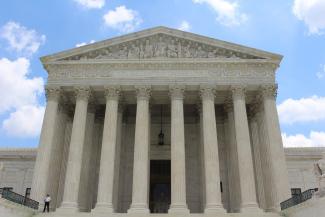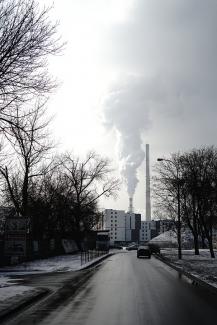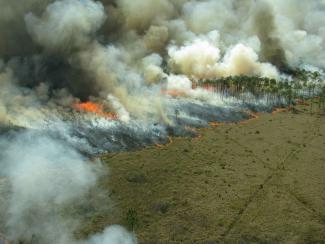Federalism as a Zero-Sum Game?

In recent years, “competitive federalism” between U.S. states and the federal government has spread to encompass environmental regulation. After EPA issued the Clean Power Plan in 2015, more than one-half of the states filed lawsuits alleging that EPA’s plan encroached upon state authority to determine energy policy. Between 2009 and 2017, Texas alone sued the Obama Administration at least 48 times, many of those suits over EPA action regarding air and water quality standards. While the pollution control laws passed in the 1970s were founded upon “cooperative federalism,” competitive federalism has resulted in a zero-sum rhetoric that pits environmental protection against economic growth.








